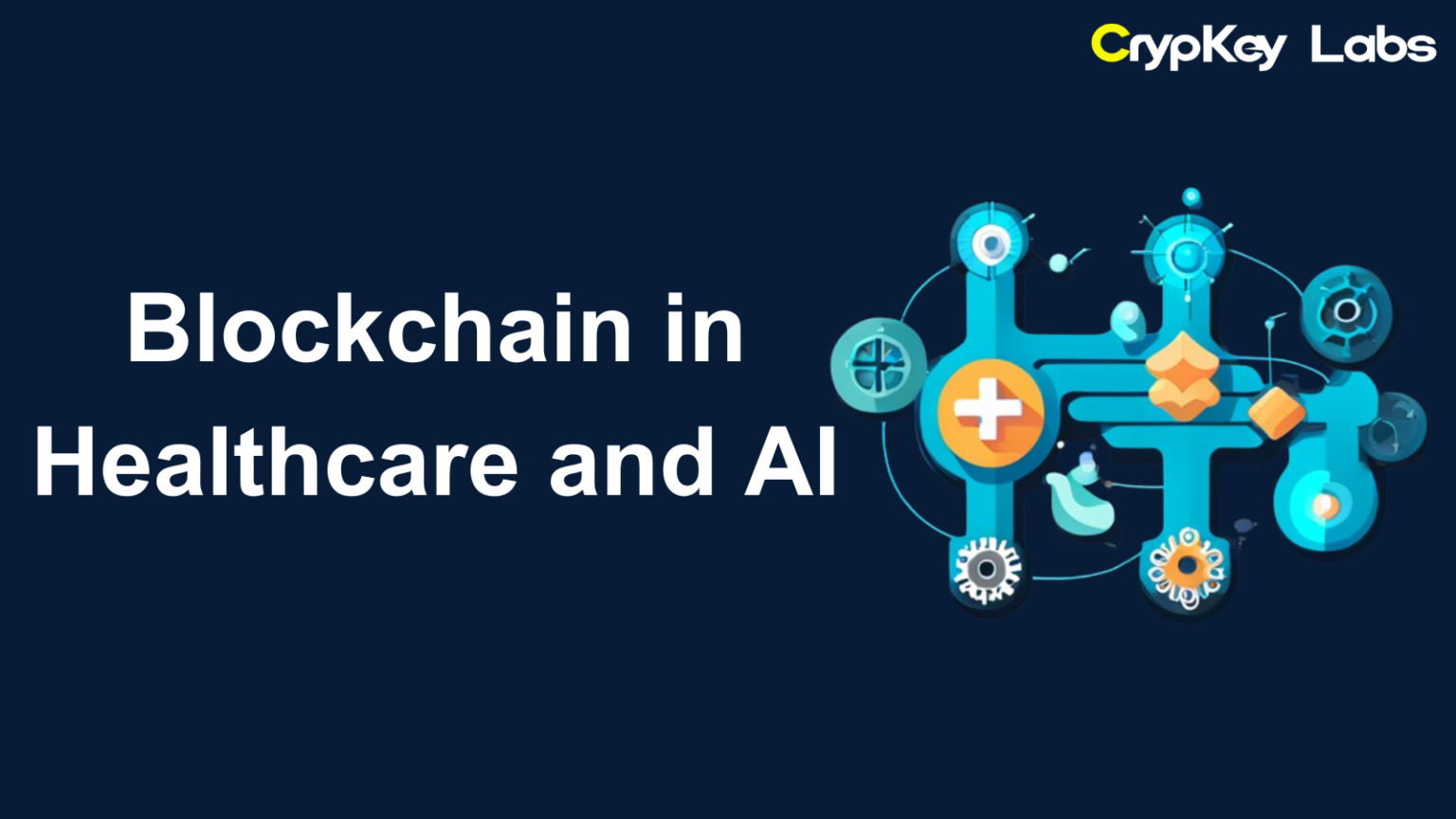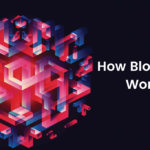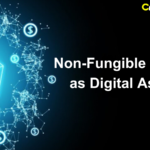In today’s world, technology plays an ever-growing role in enhancing industries, including healthcare. Artificial intelligence (AI) has already revolutionized several aspects of patient care and diagnosis, while blockchain holds tremendous promise for improving data management, security, and transparency. Even though blockchain has not yet been integrated into healthcare, its potential to transform the industry in the future is undeniable. This blog explores how blockchain and AI can complement each other to elevate the future of healthcare.
Understanding Blockchain Technology
Before diving into how blockchain could impact healthcare, it’s essential to understand the basics of this technology. Blockchain is a decentralized digital ledger that records transactions across a network of computers. What sets it apart from traditional databases is that the data stored on a blockchain is highly secure and transparent. Once data is recorded, it cannot be altered without altering every subsequent block, making the system resistant to tampering and fraud.
Currently, blockchain is mainly associated with industries such as finance and supply chain management, where transparency and security are crucial. But the underlying principles of blockchain – decentralization, transparency, and security – make it highly relevant for industries where sensitive data is managed, like healthcare.
Key Advantages of Blockchain for Healthcare
- Decentralization: By removing centralized control, blockchain can offer a higher level of security and resilience.
- Transparency: Every transaction on the blockchain is recorded and visible to all relevant parties, ensuring trust and accountability.
- Security: The immutability of blockchain records ensures that data cannot be tampered with, thus providing an added layer of security.
The Role of AI in Healthcare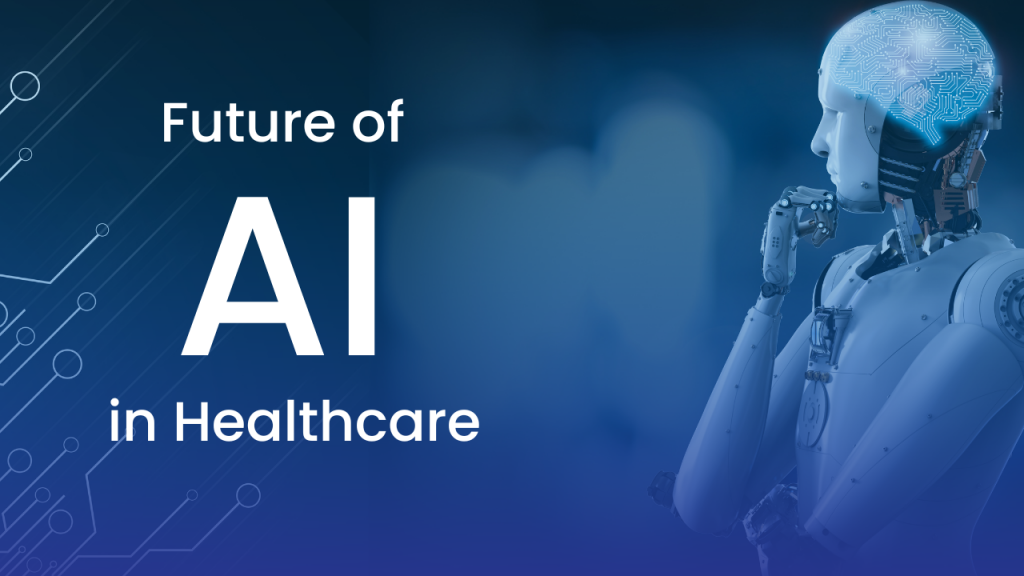
AI has already made significant strides in the healthcare sector, helping improve diagnostic accuracy, patient care, and treatment plans. From reading medical images to predicting disease outcomes, AI has proven its ability to handle vast amounts of data and make data-driven decisions.
AI-driven tools are already being used to assist doctors in diagnosing diseases, performing surgeries, and managing patient care. These systems can analyze enormous datasets that a human simply couldn’t process in real-time. However, despite these benefits, AI in healthcare also faces a major challenge: data privacy. AI relies on large datasets to train its models, which can raise concerns about how this sensitive information is managed and protected.
The Potential of Blockchain in Healthcare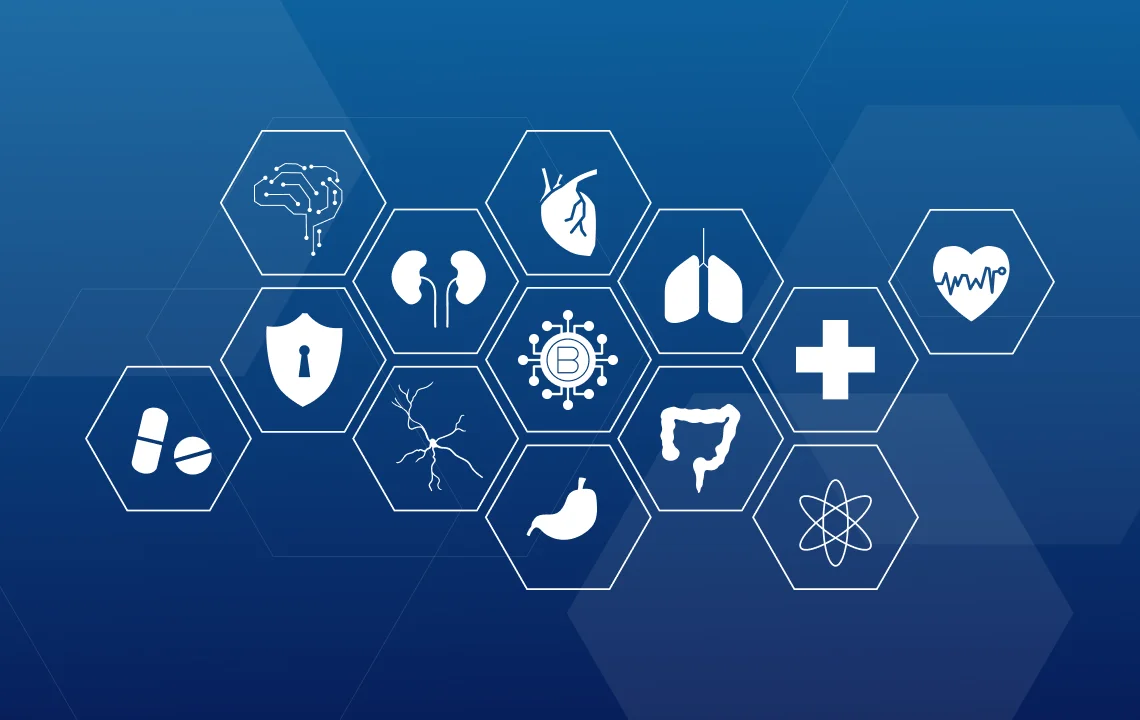
1. Enhancing Data Security and Privacy
One of the biggest concerns in healthcare today is the security of personal data. With the increasing number of cyberattacks and data breaches, protecting sensitive health information has become a top priority. Blockchain could be the solution to this problem.
Blockchain’s decentralized nature ensures that health records stored on the blockchain are encrypted and accessible only to authorized individuals. Additionally, the immutability of blockchain ensures that patient data cannot be altered without leaving a trace, which is critical in maintaining the accuracy and security of medical records. Imagine a future where patients have full control over their medical data and can choose who accesses it, ensuring that sensitive information is kept safe and private.
2. Decentralized Data Management
The current healthcare system relies heavily on centralized databases, which can become single points of failure if attacked or corrupted. Blockchain could decentralize medical data storage, meaning patient records could be stored across multiple nodes, making it nearly impossible for hackers to access all data.
Blockchain would not only make medical records more secure but also more accessible. With a decentralized system, healthcare professionals across different locations could access a patient’s full medical history, improving the quality of care and reducing administrative inefficiencies. In this future scenario, blockchain could eliminate the tedious and error-prone process of transferring medical records between healthcare providers.
3. Streamlining Clinical Trials and Research
Clinical trials are a critical part of advancing medical research, but they are often fraught with challenges like inaccurate data, lack of transparency, and slow data sharing. Blockchain can enhance the clinical trial process by creating a transparent, secure, and immutable record of trial data.
Using blockchain, researchers can securely share data with other institutions without risking data integrity or patient privacy. This opens the door to more collaborative healthcare research, enabling faster breakthroughs and more effective treatments. In addition, blockchain can help verify the authenticity of trial data, which is essential for regulatory compliance and trust in research results.
Blockchain and AI Working Together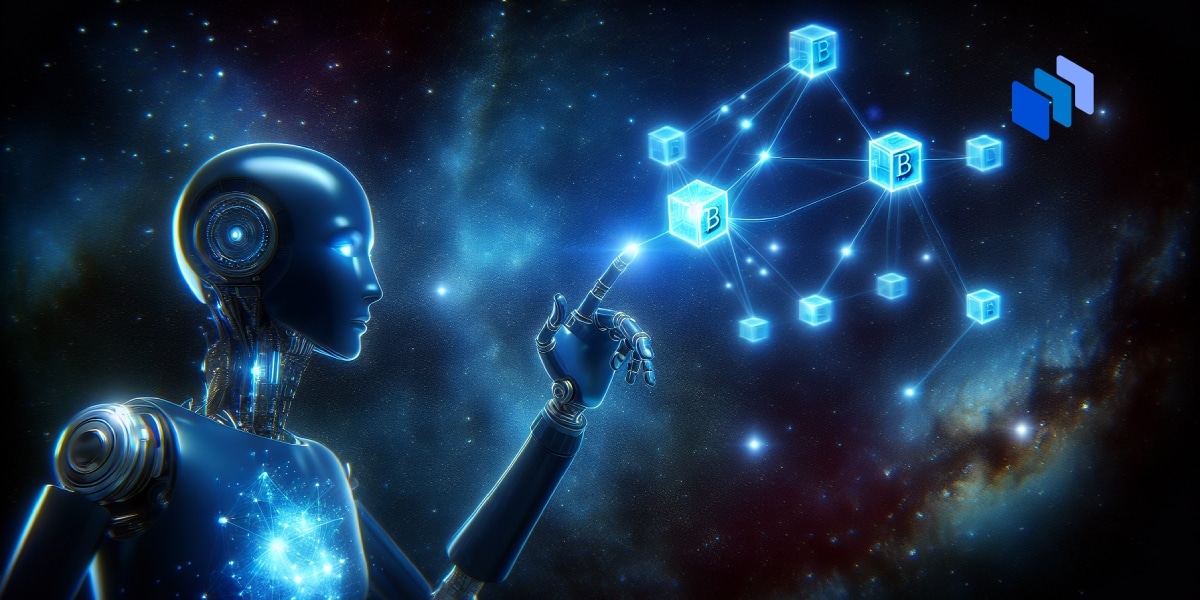
1. Improving Data Integrity for AI Models
AI relies heavily on data to function effectively. However, for AI to deliver accurate results, the data it processes must be reliable and free from tampering. Blockchain can enhance AI by ensuring the data used in AI models is accurate and untampered.
By using blockchain’s immutable records, AI algorithms can access trusted, verified data. This could significantly improve the accuracy of AI-driven diagnoses and treatments. For example, an AI model analyzing patient data for cancer diagnosis could perform more effectively with a blockchain-verified dataset.
2. Decentralized AI Applications in Healthcare
Blockchain also supports decentralized AI applications in healthcare. These applications could be used to securely analyze patient data without the need for centralized control. In such a system, smart contracts (self-executing contracts with the terms of the agreement directly written into code) could be used to automate processes such as patient consent for treatments.
Imagine a decentralized AI system where patients’ data remains private and secure while still allowing AI to process that data for more accurate diagnoses. Blockchain’s ability to store and verify data without compromising privacy makes it a perfect partner for AI in healthcare.
Current Limitations and Challenges
While the potential of blockchain in healthcare is exciting, there are several hurdles to overcome before it can be widely adopted. These include:
- Regulatory Concerns: The healthcare industry is heavily regulated, and the introduction of new technologies like blockchain must comply with existing laws such as HIPAA in the U.S. and GDPR in Europe.
- Scalability Issues: Blockchain networks, particularly public ones, can be slow and costly to scale, which is a significant challenge in a data-intensive industry like healthcare.
- Technical Barriers: The integration of blockchain into existing healthcare systems would require significant technical expertise and funding.
Additionally, there is a knowledge gap in the healthcare industry regarding how blockchain can be implemented. This gap must be bridged through education and collaboration between healthcare providers, technologists, and policymakers.
The Future of Blockchain in Healthcare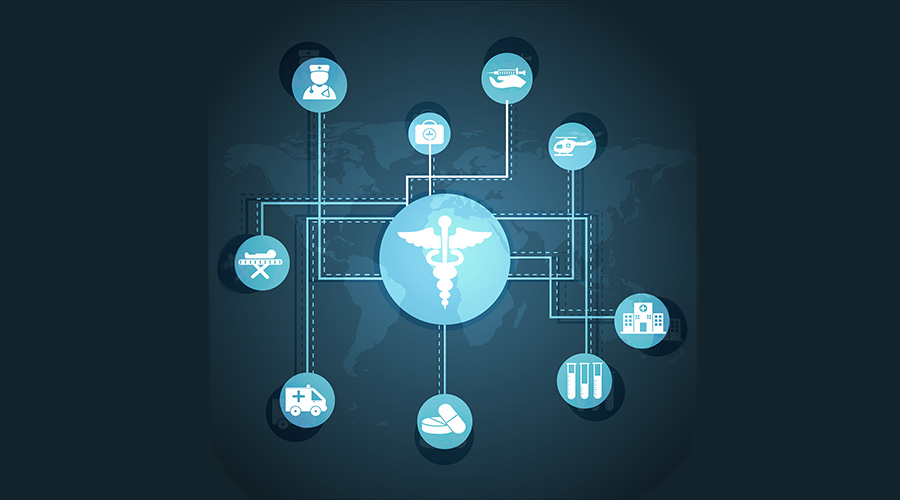
Despite the current challenges, the future of blockchain in healthcare looks promising. More research is being conducted on how blockchain can solve critical issues in data security, patient management, and clinical research.
As more healthcare providers begin to understand the value of blockchain, we can expect to see pilot programs and proof-of-concept trials that explore how this technology can improve data security and patient care. In the long term, blockchain could become a fundamental part of the healthcare system, enabling secure, transparent, and efficient healthcare delivery.
Blockchain and AI, when combined, offer a future where patients have more control over their data, researchers can collaborate more easily, and healthcare providers can deliver better, more personalized care.
Conclusion
Blockchain and AI each bring unique strengths to the table, and together, they hold the potential to revolutionize healthcare in the future. From securing patient data to improving AI-driven medical insights, the integration of these technologies could lead to a safer, more efficient, and transparent healthcare system. While blockchain is not yet widely adopted in healthcare, its potential is vast, and the future looks bright for these innovative technologies.

